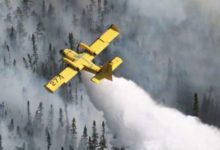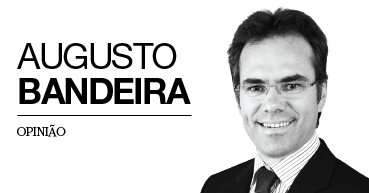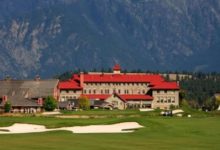A huge health risk’: First Nations pressured to hold elections amid COVID-19 pandemic, say experts
First Nations are being pressured by the federal government to hold elections in the middle of the COVID-19 pandemic, say legal experts and band officials.
One Saskatchewan First Nation is going ahead Friday despite pleas from its own emergency management team to postpone for 30 days.
“They’re forcing First Nations into a really awful dilemma. This is a huge health risk,” said lawyer Maggie Wente, whose Ontario firm works with Indigenous communities across Canada.
A number of First Nations across the country are scheduled to go ahead with their votes in the coming weeks. Others, such as the Red Pheasant Cree Nation, already have. A few, such as the Lac La Ronge Indian Band, are postponing.
In an internal email obtained by CBC News, Yves Denoncourt, acting director in the federal government’s Indigenous Governance Operations Directorate, said First Nations have the right to postpone their own elections but they aren’t allowed to extend the terms of the current leaders.
“At the end of the mandate, a First Nation will find itself dealing with a governance gap,” Denoncourt wrote in the email sent to more than two dozen government staff last week.
Officials instructed to clean tables ‘every 5-10 voters’
Denoncourt outlines steps for First Nations to decrease the risk of spreading COVID-19. Election officials should supply 50 pens and pencils, and clean them after each use; voters should be encouraged to bring their own pens and pencils; and voting tables and screens should be cleaned “every 5-10 voters.”
Up to 50 people will be allowed into each polling station, although Denoncourt noted any stricter provincial orders would take priority. In Saskatchewan, for example, gatherings of more than 10 people were banned starting Thursday.
Wente said many of her client First Nations are calling her in a panic. They don’t want to put people at risk, especially elders. But they are confused and afraid by the federal rules, she said.
They wonder if the federal government will refuse to deal with their community in the event of a “governance gap,” delaying or halting life-saving supplies or economic relief, Wente said.
“I mean it sounded very threatening,” Wente said. “‘We’re not going to accept your government if you decide to extend your own term and so you should take sanitizer and pencils to the polls,’ which had a real kind of, ‘Let them eat cake,’ attitude, which I found really distasteful.”
‘Awkward and unfair situation,’ professor says
CBC News showed the email to University of Saskatchewan law professor Dwight Newman, who said First Nations are right to be worried.
“There’s a real problem here. This isn’t the way other levels of government are being dealt with,” said Newman, a Canada Research Chair in Indigenous Rights in Constitutional Law.
“This is an awkward and unfair situation where they seem to be under pressure to hold the elections.”
In Saskatchewan, the Red Pheasant Cree Nation went ahead with its vote last week. In videos posted to social media, groups of a dozen people or more sat together on bleachers in the election hall, while volunteers sat shoulder-to-shoulder at tables without gloves or masks.
The Nekaneet First Nation vote took place on Wednesday. A Beardy’s and Okemasis Cree Nation official confirmed their 3,500 members will vote Friday.
The Beardy’s official, who spoke on condition their name was not used, said the band’s emergency management team called for a 30-day delay. But after election officials got legal advice, they decided they had to go ahead.
“All we can do now is recommend how to proceed safely,” the official said.
Indian Act has strict rules
Wente and Newman said the big problem is the federal Indian Act, which places strict rules on most aspects of First Nations governance, including fixed election terms.
Newman said cabinet could issue an order making exceptions in this case or in the case of all pandemics.
He said federal agencies could also announce they will recognize incumbent chiefs and councils for a fixed period of time. He said it could likely be done in a way that withstands challenges from other candidates.
Vanessa Adams, an official in the office of Indigenous Services Minister Marc Miller, said in a written statement that the “health and welfare of Indigenous peoples is our sole focus.”
She also said they’ll “work to ensure there are no gaps in governance during this health crisis.”
But Adams would not say whether the government would reconsider its position on term limits for First Nations chiefs and councils.
CBC








Redes Sociais - Comentários